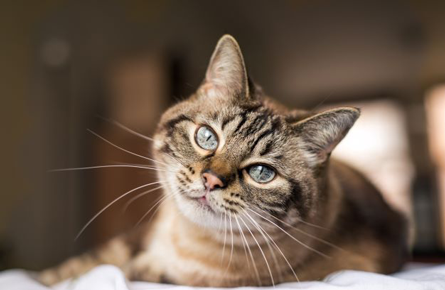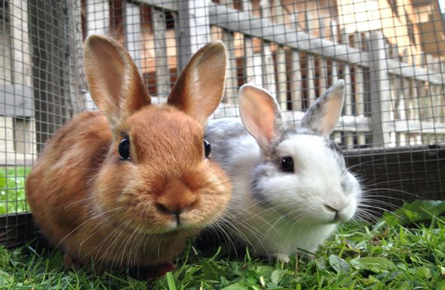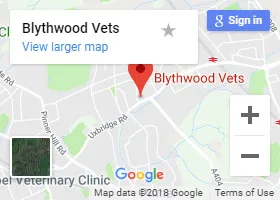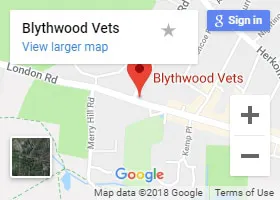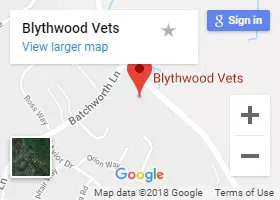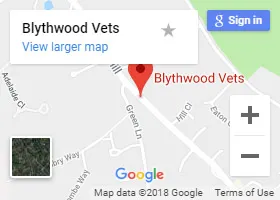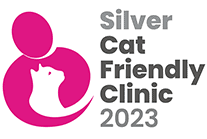Dog dental care – a guide for dog owners
At Blythwood Vets, we promote the fact that your dog’s dental hygiene is just as important as any other routine and preventative treatment. Just like us and our teeth, dogs can develop a build-up of tartar, leading to tooth decay and gum disease.
To combat this, brushing your dog’s teeth once or twice a day is an effective action to ensure good oral and dental health for your dog. We also have treatments such as liquids to add to their water to help reduce plaque build-up and reduce bad breath (halitosis), as well as other veterinary dog dental care diets. Here at Blythwood Vets, our expert team would be happy to help you with any questions you may have concerning dental care for dogs, as well as professionally advising you on the recommended dental products or diets for your dog.
Symptoms of dental disease in dogs
Our dogs can be very good at hiding signs of oral pain and dental disease. Many dogs with severe dental disease, including root exposure, severe gingivitis (inflammation of the gums), and tooth root infections, will continue to eat, showing only subtle signs that something is awry. This can result in a dog having multiple teeth extracted at one time as opposed to one tooth extraction. Buildup of plaque and tarter will not be removed by teeth brushing alone if this is already evident. The best action for this is a scale and polish to remove this, followed by tooth brushing to prevent the buildup occurring again. A general anaesthesia is required for all dental procedures, however, having a routine scale and polish carried out to prevent dental disease from progressing is a hugely reduced anaesthetic time compared to multiple extractions being carried out.
What are the signs of dental disease in dogs?
- bad breath (halitosis)
- visible tartar build-up on teeth
- red or inflamed gums (gingivitis)
- discoloured teeth
- drooling
- loose teeth
- bleeding from the mouth
- slowness or reluctance to eat
- chewing on one side of the mouth
- dropping food from the mouth when eating
- swelling around the mouth (from potential tooth root abscesses).
How can dog dental disease or issues be prevented?
The best way to maintain healthy teeth is to brush your dog’s teeth daily. Although it is best to start when your dog is younger, it can be introduced at any age. If you are having difficulty or would like help introducing this new dental routine for your dog, the Blythwood Vets' team would be happy to help.
It can also be beneficial to have a scale and polish performed regularly to clean the teeth thoroughly. This is similar to the treatment we would receive from a dental hygienist. These are done under a short general anaesthetic as dogs won’t sit in one position for a prolonged period and we must ensure their safety and the team’s safety when in the vicinity of sharp teeth!
Why does dental disease occur in dogs?
Food and saliva that is left behind on the teeth will form plaque on the tooth. Plaque is soft and can be removed by brushing or using alternative dental products. If not removed, the plaque will harden forming tartar, which is difficult to remove without dental intervention. If tartar is not removed (normally via the scale and polish procedure) then bacteria will spread below the gumline, causing red sore gums. This is called gingivitis and periodontitis, which in turn can lead to lose teeth, infection of the tooth root and jawbone infections.
If you would like more help, book a dog dental care appointment today.


